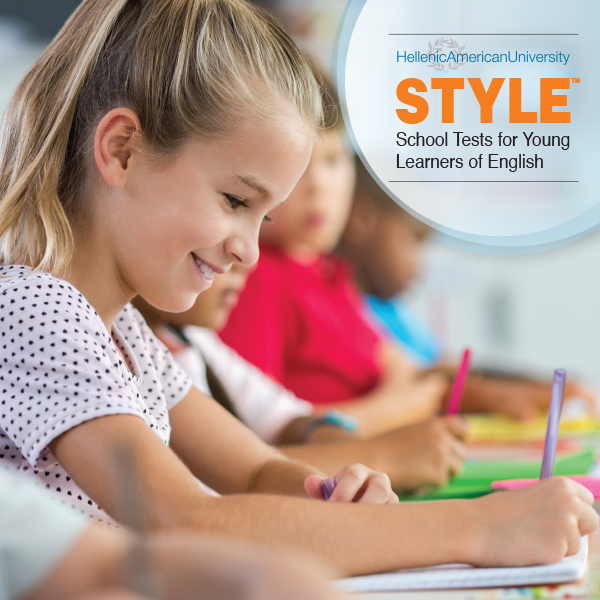Cambridge Assessment English is committed to ensuring that every applicant be able to demonstrate his or her language ability under circumstances that are fair and that do not alter the construct being measured. To this end, Cambridge Assessment English allows exam applicants with disabilities to request special accommodations. The reason for this is to minimize the effect of the disability on test performance and to obtain the most accurate measure possible of the skill being tested. The purpose of making accommodations or modifications to an examination for individuals with disabilities is to minimize the impact of test-taker attributes that are not relevant to the construct that is the primary focus of the assessment. In other words, the intent and goal of accommodation is to minimize the impact of a disability on a student’s test performance. Accommodations are used in an attempt to make the test results accurately reflect a student’s proficiency in the area the test purports to measure. That is, we wish to measure English language ability rather than sensory, manual, speaking or perceptual ability.
Types of Accommodations or Modifications
- extended testing time
- additional rest breaks
- reader
- scribe
- recorder to mark answers
- headphones
- alternate test formats, e.g., Braille, enlarged print
- alternate response formats, e.g., computer for writing section
- wheelchair access
Documentation
- Documentation must be issued by a licensed or certified professional, qualified to evaluate the examinee's disability.
- All documentation in a language other than English must be translated into English.
- The translation should be certified by an authorized professional or authority (lawyer, the Hellenic Ministry of Foreign Affairs Translation Service etc.) Upon request, the Hellenic American Union Center for Examinations and Certifications can provide assistance on the matter. Administrative fees apply.
- Either the original certified translation or its certified copy can be submitted.
Submission of Requests
- To make a request for Nonstandard Test Accommodation, interested candidates should complete the Nonstandard Test Accommodation Request Form in the relevant section of the Orfeas online registration system.
- All materials should be submitted to the Hellenic American Union Center for Examinations and Certifications. Materials concerning administrative modifications (extended time, reader, scribe) should be submitted at least four weeks in advance of the test date. Materials concerning other modifications (Braille, large font), should be submitted at least twelve weeks in advance of the test date.
Denial/modification of Requests
Requests for accommodation may be denied or modified, or test results may be invalidated if:
- The documentation is submitted at the time of the examination or after the examination
- The documentation is not from a qualified professional
- The disability is not clearly described and does not clearly define the extent of the disability (“poor eyesight” or “psychological difficulties” is too vague)
- The documentation does not describe the examinee’s current functioning
- The disability does not affect the examinee’s test performance
- There is disagreement between the individual requesting accommodation and Cambridge Assessment English regarding the type of accommodation requested (e.g., amount of time by which test can be extended or mode of presentation)
Cambridge Assessment English’s decision concerning any accommodation is based on its desire to obtain the most accurate measure possible of the examinee’s English language ability.
How can we help?
Send us your message or call us at +30 2103680000.
Contact us
